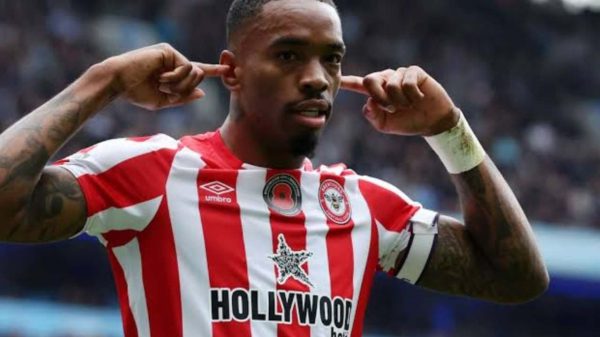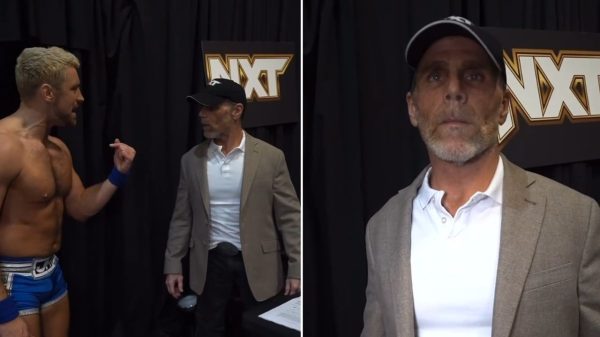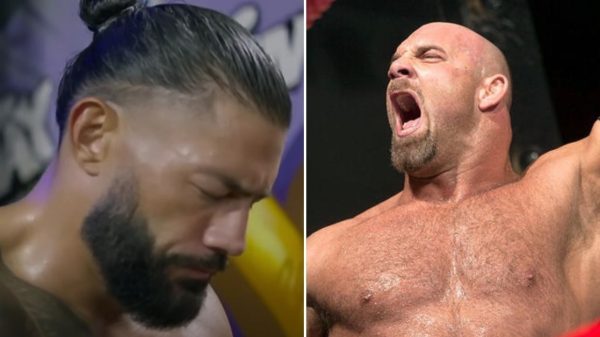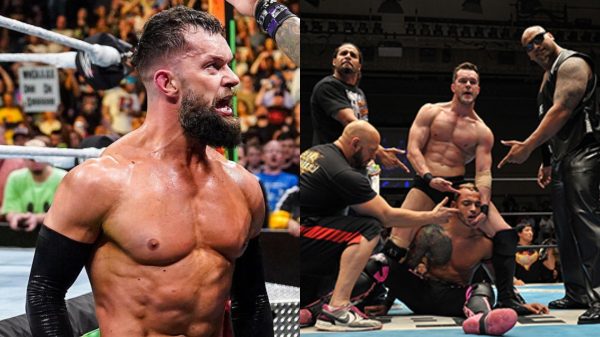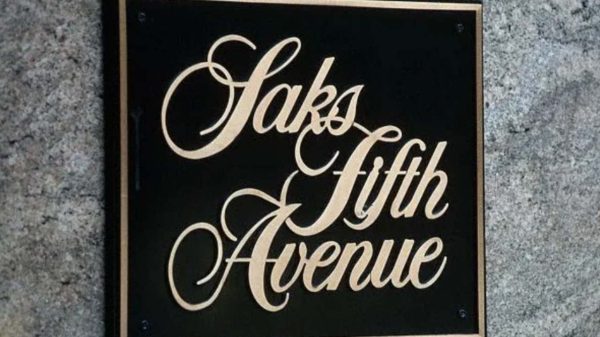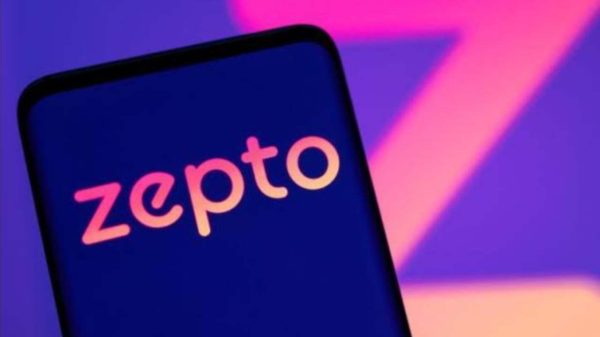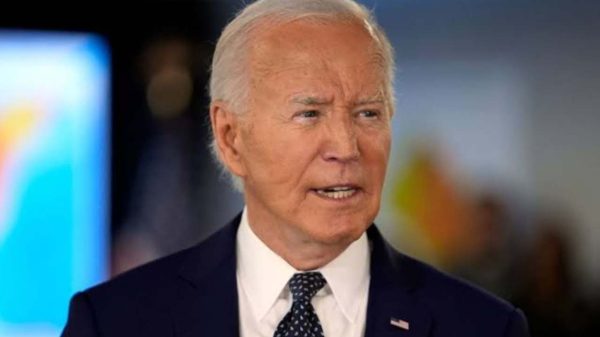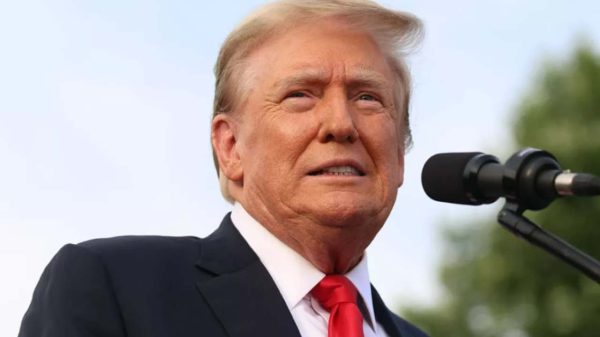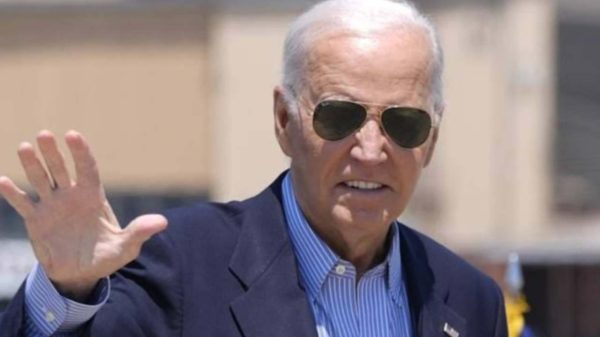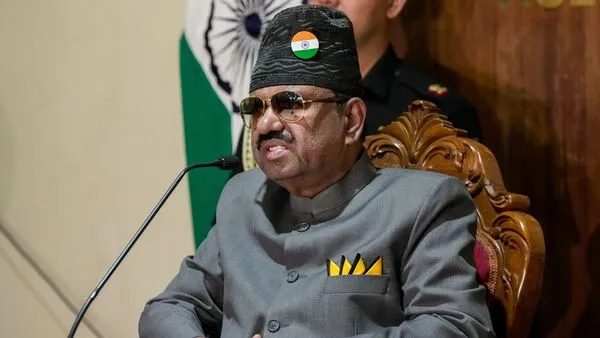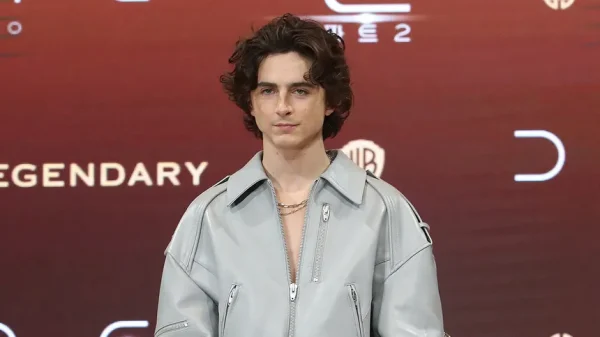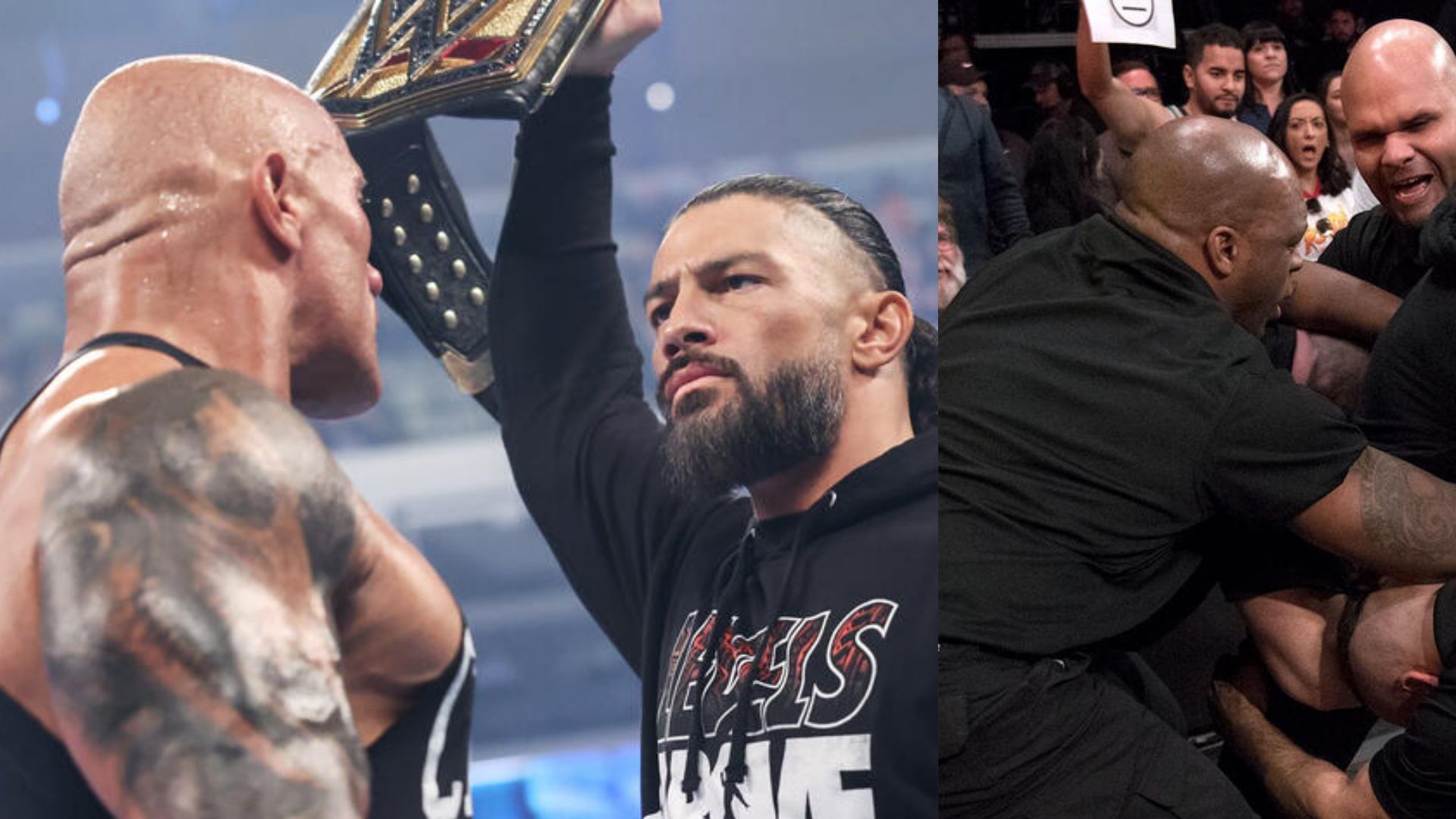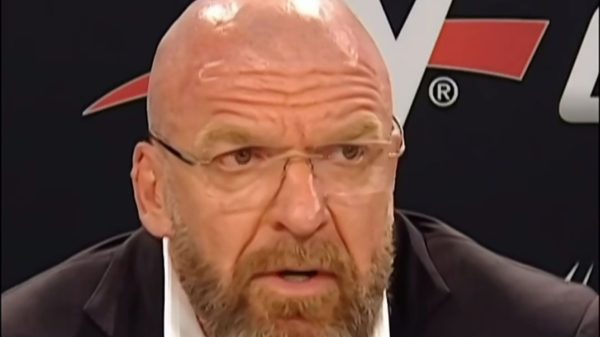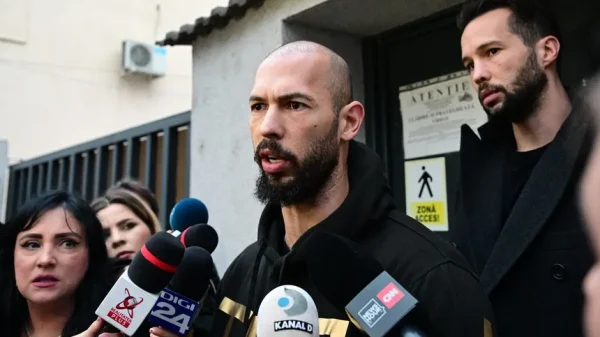The Rock’s return to WWE has been met with immense fanfare, particularly for his charming mic skills that have kept the WWE Universe enthralled. However, his liberal use of profanity in promos has stirred discontent among fellow wrestlers who perceive him as receiving preferential treatment akin to the Vince McMahon era. Reports indicate a divide in the locker room over this issue, with some feeling the current scenario mirrors past instances of backstage politics.
Contrary to initial reports, there emerged a claim that WWE management had actually instructed The Rock to adhere to TV-PG guidelines, prompting a swift denial from the People’s Champ himself. This rebuttal garnered support from NXT’s Dijak, who rallied behind The Rock, urging him to stand his ground. Dijak’s endorsement of “The Final Boss” challenges earlier narratives of locker room dissatisfaction, though it remains uncertain how widespread such sentiments truly are within WWE’s talent pool.
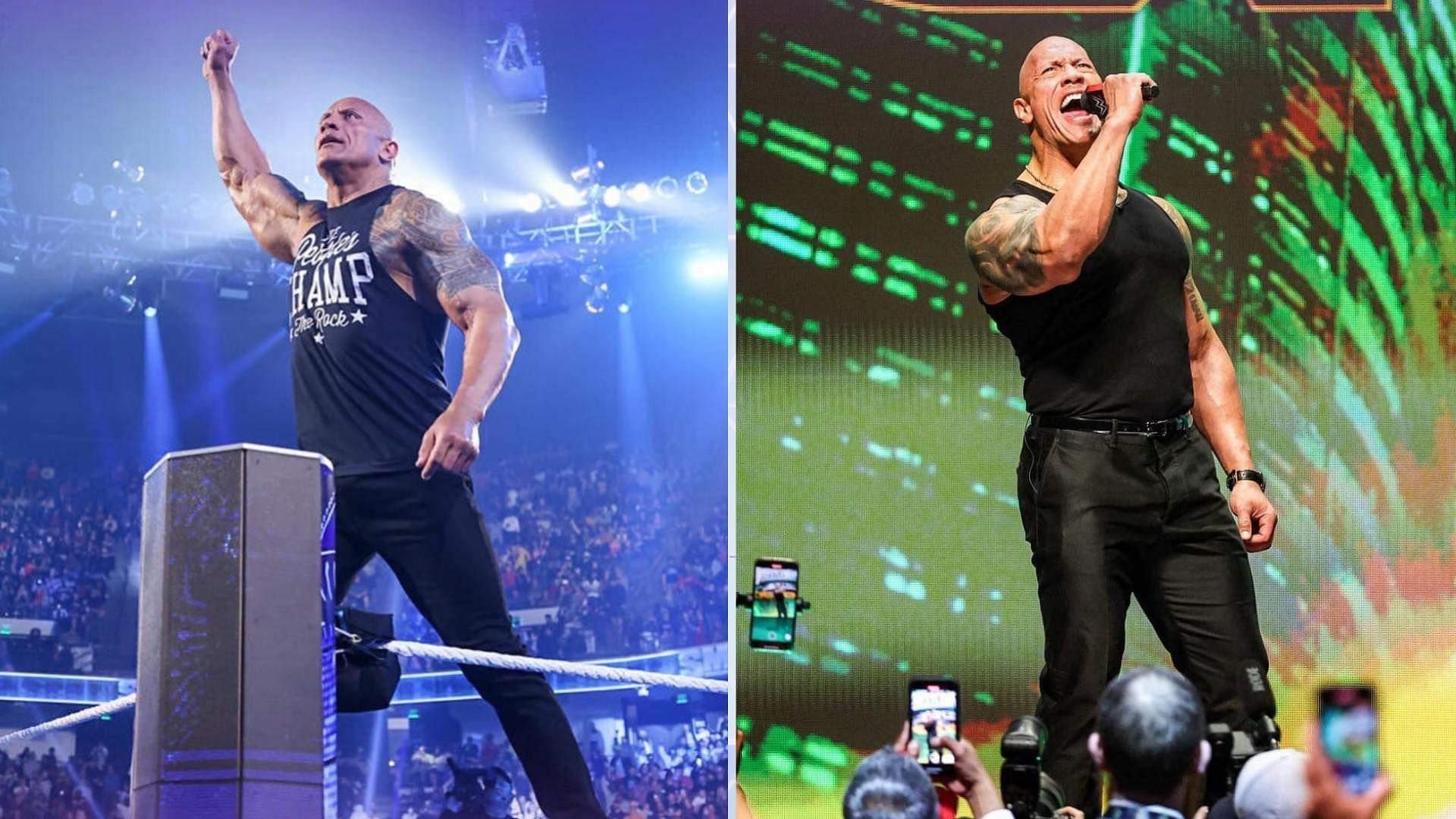
The Rock (Via WWE/Twitter)
Amidst the controversy surrounding his promo content, The Rock has found himself embroiled in a separate dispute over his adoption of the moniker “The Final Boss”. AEW star Serena Deeb has accused him of appropriating this title, alleging that he co-opted it following her mention of it at an AEW event. While Deeb’s claim raises eyebrows, The Rock appears unperturbed by the accusation, focusing instead on his upcoming clashes with Cody Rhodes and Seth Rollins at WrestleMania 40 alongside his cousin, Roman Reigns.
In the midst of these unfolding narratives, The Rock’s dual roles as a charismatic orator and a polarizing figure in the wrestling world continue to spark debates and intrigue among fans and industry insiders alike. As the saga surrounding his on-screen persona and off-screen controversies unfolds, the enduring allure of The Rock’s larger-than-life presence remains a focal point in the ever-evolving terrain of professional wrestling.

